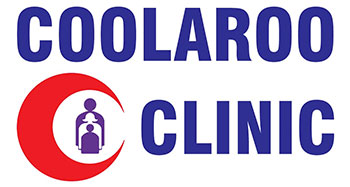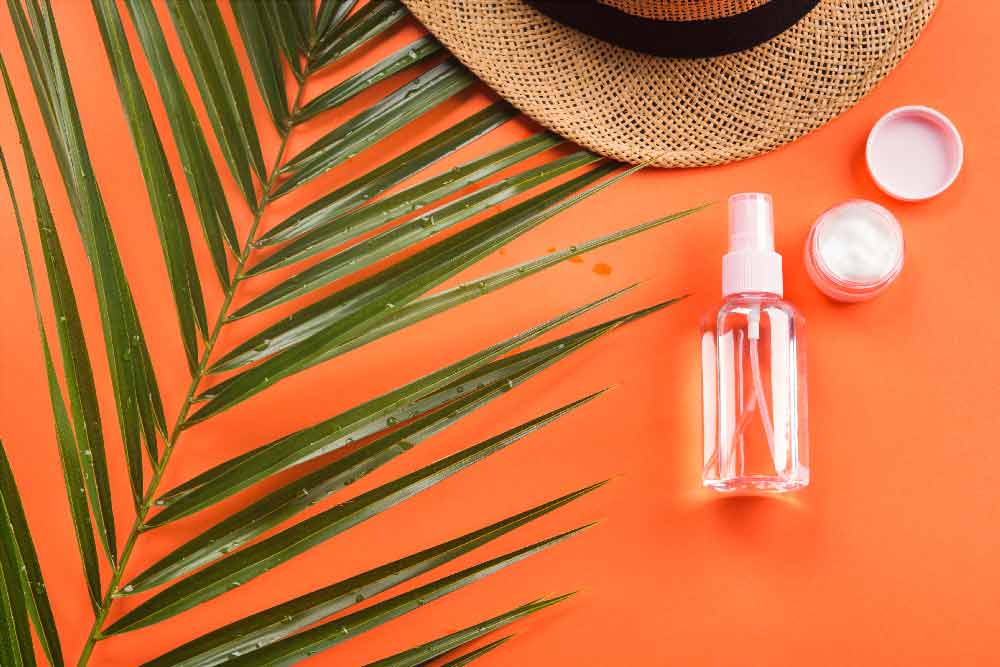Did you know that skin cancer is the third most common cancer in Australia? According to Cancer Council Australia, skin cancers account for about 80% of all newly diagnosed cancers in Australia each year. In fact, the figures also show that the incidence of skin cancer in Australia is one of the highest in the world.
Moreover, the majority of skin cancers are caused by exposure to the sun. With summer fast approaching, it is a good time to refresh your knowledge about skin cancer and how to stay protected from the sun during the hot summer months.
What Is Skin Cancer?
Skin cancer occurs when skin cells are damaged, such as when your skin is overexposed to the sun’s ultraviolet (UV) rays. There are three main types of skin cancer:
- basal cell carcinoma
- squamous cell carcinoma
- melanoma.
Early detection of skin cancer can help with more effective treatment and it increases your chances of avoiding surgery. Skin cancer symptoms include sores or small lumps on your skin, as well as new spots, moles, or freckles that change their colour or shape over a short period of time. When left untreated, skin cancer can grow or spread to other parts of the body, resulting in significant scarring, disfigurement, or even death.
How To Protect Yourself From Skin Cancer
There is no one solution to preventing skin cancer; for better protection, it is best to use a combination of the sun protection measures below.
Wear Sunscreen
It is actually recommended that you wear sunscreen all year round, even in winter. However, in summer and even in spring, UV levels rise above 3 – which is the level at which sun rays run a high potential of damaging your skin. That is when you absolutely should slap on some sunscreen before going outside.
It’s not enough just to be wearing sunscreen, you also need to be sure that you are wearing it correctly. Put on sunscreen at least 20 minutes before you go outdoors and make it a point to reapply every two hours afterwards. Your sunscreen should be broad spectrum, water resistant SPF30 sunscreen.
Take Other Precautionary Measures
Besides applying sunscreen, you can take other steps to help protect your skin from the sun. Try to stay in the shade wherever possible instead of being out in direct sunlight. In fact, try to avoid going out into the sun at all during the hottest hours of the day.
Wear sun-protective clothing that covers as much of your skin as possible. You could also make use of a wide-brimmed hat to provide shade for your head, neck, and ears. Lastly, do not forget to slip on some sunglasses to protect your eyes from the glare of the sun – just make sure that they measure up to Australian standards.
Avoid Tanning And Sunburn
When your skin tans, it is actually a sign of trauma. Tanning happens when your skin cells are exposed to the sun and produce melanin in order to prevent further injury – the pigment that gives our skin its colour. (This response of producing melanin is what causes our skin to tan.) However, all it takes is one damaged skin cell to start a melanoma growing, which is the most dangerous type of skin cancer.
Meanwhile, sunburn is what happens when the top layers of your skin release chemicals that cause your blood vessels to expand. Your skin turns red and may start to peel as it is your body’s way of shedding damaged cells that could become cancerous. Therefore, tanning and sunburn should not be taken lightly and should be avoided if possible.
Skin Checks Are Important
In addition to taking preventative measures when it comes to skin protection, you should proactively check your skin for signs of skin cancer. As mentioned above, early detection can make a huge difference to skin cancer recovery and you should always be on the lookout for any unusual marks, spots, or blemishes on your skin.
If you notice anything unusual with your skin, you should definitely check in with your GP for a skin examination. They may perform a biopsy for testing purposes or even refer you to a skin cancer doctor or dermatologist if necessary.
Even if you do not have any suspicious spots on your skin, you can still get regular skin checks with a medical professional – especially if you have a history of skin cancer in the past or in your family.
Take Care Of Your Skin This Summer
So, as you prepare to go out and make the most of the sunshine this summer, make sure to bear these skin protection tips and facts in mind. Taking care of your skin is just as important as working on that summer body – in fact, even more so!
If you have any doubts or questions, the best way to get the answers you need is to ask your GP. They will be more than happy to talk to you about the best ways to protect your skin or even recommend a skin examination if necessary.
Here at Coolaroo Clinic, our team of dedicated doctors are well known for providing personalised healthcare in a warm and caring manner. Furthermore, we have GPs who have undergone additional training on conducting skin checks and treating sun-damaged skin! You can get in touch with us for any enquiries or book an appointment with us today.

